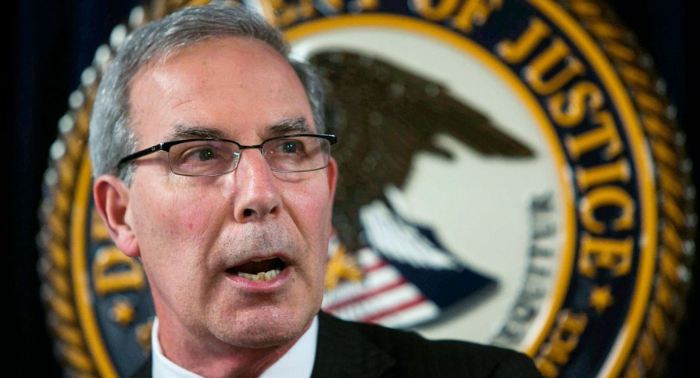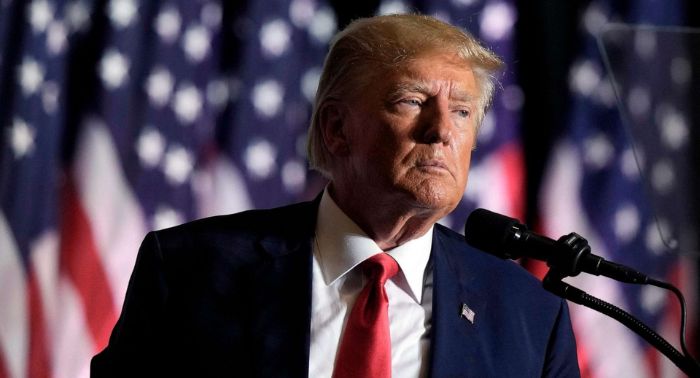On Wednesday, Hunter Biden, the son of current U.S. President Joe Biden, pleaded not guilty to a pair of tax offenses. This occurred as the outcome of a plea agreement with the federal prosecutors became uncertain during a court session, primarily due to the presiding judge’s apprehensions about the deal’s terms.
Last month, Hunter Biden was indicted with two minor tax offenses, accused of neglecting to pay over $100,000 in taxes from an income exceeding $1.5 million in 2017 and 2018. It was initially anticipated that Biden would plead guilty on Wednesday, in accordance with an understanding with the prosecution, who were set to suggest a probationary period of two years. This agreement, however, is currently in abeyance.
During Wednesday’s court session, there was disagreement about whether the preliminary pact afforded Biden any shield against potential future charges. The U.S. District Court Judge Maryellen Noreika, a Donald Trump appointee, expressed doubts about the deal’s wording.
The judge offered the defense and prosecution a span of 30 days to rationalize why the initial agreement should be accepted.
The unexpected collapse of the proceedings was an unforeseen twist, especially given the extensive negotiation that had gone into forming the plea agreement over several weeks. This included protracted exchanges between the Justice Department’s prosecutors and Biden’s legal team.
The intention behind the plea deal was to dissipate the cloud over Hunter Biden and circumvent a trial that could have resulted in weeks or even months of disruptive headlines. However, the political landscape remains fraught, with Republicans alleging preferential treatment for Biden, while the Justice Department continues its probe into Trump, who is leading the race for the GOP’s 2024 presidential nomination.
In Wednesday’s court session, the prosecutors affirmed that Biden is still under federal scrutiny.




